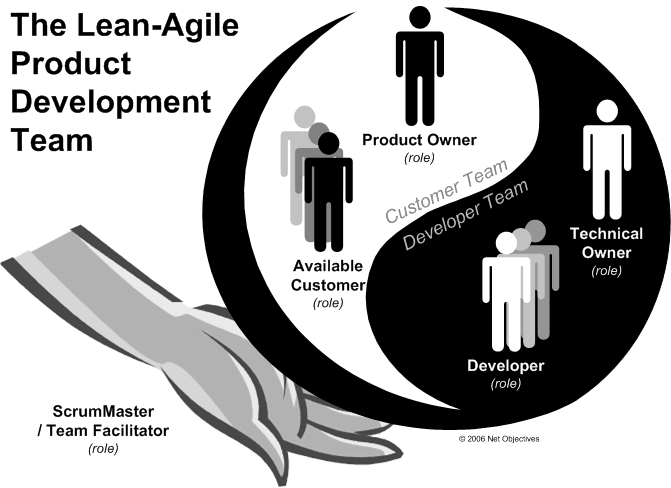Around the Office is a weekly group blog of what the Kobayashi Online team has found interesting, funny, poignant, or otherwise notable over the past week.
Inferring Who We Are from our Facebook “Likes”
 Daveed was curious what Facebook knows about him after finding out that Facebook “likes” can accurately infer race, IQ, sexuality, personality and political views only using only publicly available Facebook information, according to an online privacy study. A Microsoft Research/Cambridge University study, which involved trolling the public domain information of 58,000 Facebook users, found that it was possible to infer sensitive personal details. Of course, these details aren’t always things we’d want to make public (or be known by certain companies and governments). But it remains: we are what we like.
Daveed was curious what Facebook knows about him after finding out that Facebook “likes” can accurately infer race, IQ, sexuality, personality and political views only using only publicly available Facebook information, according to an online privacy study. A Microsoft Research/Cambridge University study, which involved trolling the public domain information of 58,000 Facebook users, found that it was possible to infer sensitive personal details. Of course, these details aren’t always things we’d want to make public (or be known by certain companies and governments). But it remains: we are what we like.
Team Front-End Development
 Maybe it’s because we’re in Canada, where everything eventually comes down to a hockey analogy, that the idea of front-end development as a team sport resonated with Andy. SASS is an extension of CSS 3 that adds nested rules, variables, mix-ins, selector inheritance, and more. Like any good team, you can start off by splitting up task and responsibilities (into positions) to reduce interference. Then, teammates can pass information via Beanstalk, Git and/or Tower, never losing track of what’s going on. Either way, a front-end developer can move the puck down the ice by passing it, and rely on her teammates to help her avoid getting checked.
Maybe it’s because we’re in Canada, where everything eventually comes down to a hockey analogy, that the idea of front-end development as a team sport resonated with Andy. SASS is an extension of CSS 3 that adds nested rules, variables, mix-ins, selector inheritance, and more. Like any good team, you can start off by splitting up task and responsibilities (into positions) to reduce interference. Then, teammates can pass information via Beanstalk, Git and/or Tower, never losing track of what’s going on. Either way, a front-end developer can move the puck down the ice by passing it, and rely on her teammates to help her avoid getting checked.
Google Reader Will Be Missed
 Many writers and bloggers, David included, were on the verge of outrage when Google announced that the end was near for its RSS feed reader, Google Reader. For years, it had become a popular tool for reading blog posts and website updates – all in one place without missing out on the latest content. Despite much fuss about RSS losing its relevancy, it was heartening to see an outpouring of love for Google Reader, and campaigns to bring it back. And while some argue that the hole Google Reader leaves will be filled with more innovative alternatives that will compete for its spot, we’d probably rather be assured that Google Reader (and other free Google services) will be around for a while.
Many writers and bloggers, David included, were on the verge of outrage when Google announced that the end was near for its RSS feed reader, Google Reader. For years, it had become a popular tool for reading blog posts and website updates – all in one place without missing out on the latest content. Despite much fuss about RSS losing its relevancy, it was heartening to see an outpouring of love for Google Reader, and campaigns to bring it back. And while some argue that the hole Google Reader leaves will be filled with more innovative alternatives that will compete for its spot, we’d probably rather be assured that Google Reader (and other free Google services) will be around for a while.
Using the WP Page Widget
This week, WordPress developer Roberto was excited about the possibilities of using the WP Page Widget on WordPress sites to select which widgets to show on each page, post, or even custom post type. Website administrators can use the plugin to easily decide which widgets to put in sidebars, footers, and wherever else WordPress widgets may be. This is a great way to add a Twitter feed to your blog and “Contact Us” page, but not your “Services” page. Use the WP Page Widget to put widgets where you want.